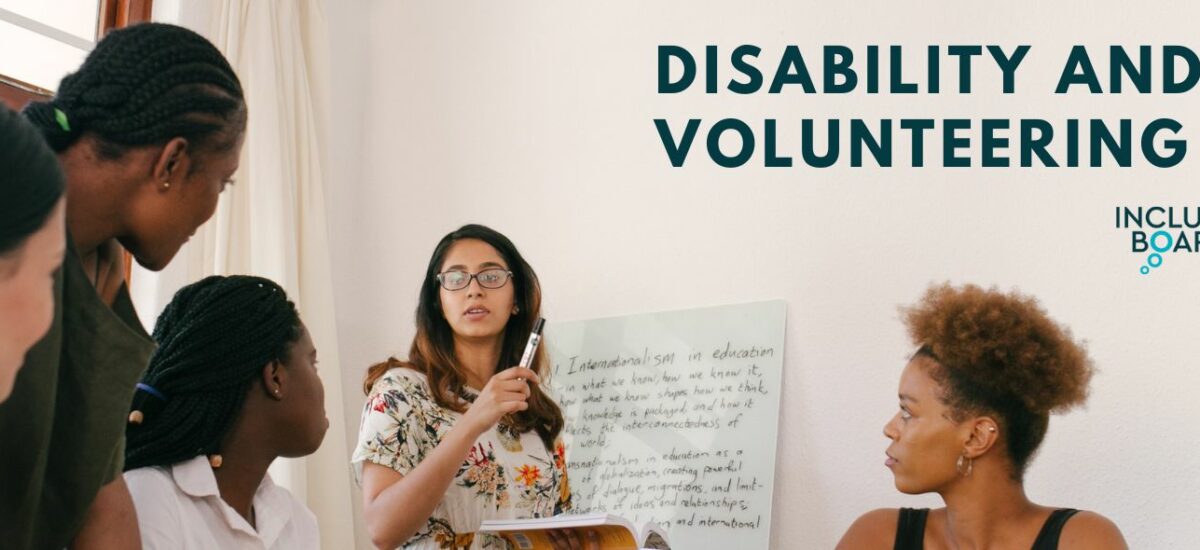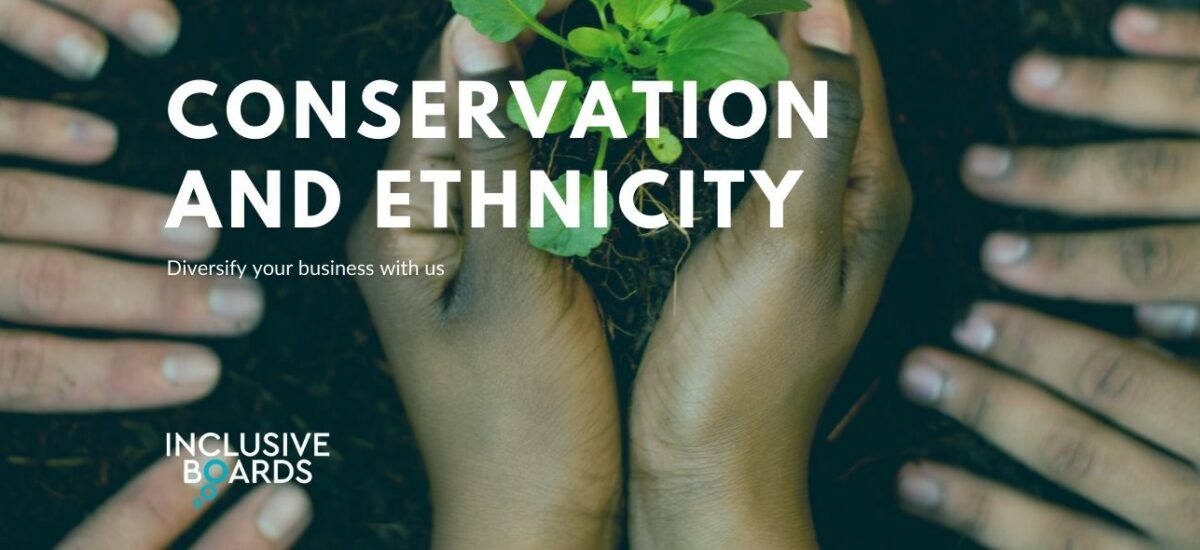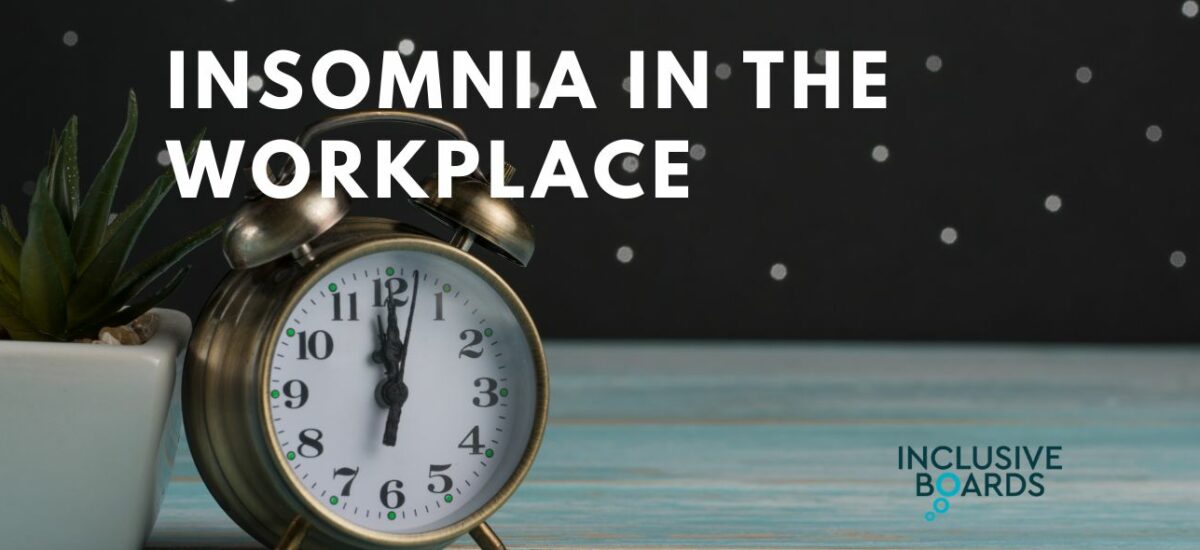Voluntary work provides crucial services across the UK, with many organisations relying upon volunteers to function successfully. Whether formal or informal, it encompasses a host of responsibilities and activities.
Formal volunteering takes on a structured approach and usually exists within charities, community groups and clubs; offering much-needed support across multiple causes and sectors such as sport, heritage, animal welfare and the environment.
Informal volunteering refers to the independent provision of unpaid support to people who are not friends or relatives. This can include taking on activities such as weekly shops, childcare and household tasks for the benefit of others. However, it is not usually recognised as a form of voluntary work; many see it as simply helping someone out.
Formal volunteering rates are currently at an all time low, having been impacted by the coronavirus pandemic and cost of living crisis. Although it appeared to be on a gradual decline prior to these events. The latest iteration of the UK Giving Report published by Charities Aid Foundation (CAF) found that over the past five years, volunteer numbers have decreased by 1.6 million.
Despite the detrimental impact of the pandemic on volunteering participation, it allowed for greater integration of virtual opportunities, meaning many voluntary pursuits have become more accessible to disabled individuals, who are more likely to volunteer remotely. According to the Time Well Spent 2023 report from National Council for Voluntary Organisations (NCVO), 36% of disabled people volunteer online, compared to 29% of non-disabled people.
The development of assistive technology has removed much of the need to be insitu to volunteer, and the increase of websites adhering to accessibility guidelines has opened up the volunteering field to a greater number of people. However, it’s important to note that technology can be more of a hindrance than a benefit to some. Spirit of 2012’s Inclusive Volunteering Report discovered that, ‘For some volunteers with learning difficulties, the digital skills needed to use technology also presented a challenge and this was a growing challenge as many organisations were increasingly delivering their support and training online’. This is exacerbated further when age and socioeconomic status are taken into account.
The report explained how transport is often another barrier to many disabled volunteers who may require mobility assistance, and that some organisations discourage the reimbursement of expenses. This only serves to create a greater challenge for those also living on a lower income. The application process also proved to be a negative experience for some disabled individuals who were unable to volunteer due to inaccessible spaces (physical or digital), or were actually rejected by organisations as a direct result of bias, lack of knowledge or incorrect assumptions regarding disability.
‘Disability’ is an umbrella term covering a vast array of impairments, both physical and mental. It is imperative therefore that support should never be offered with a ‘one size fits all’ mind set. The Inclusive Volunteering Report found that the overall understanding of disability amongst organisations remains inadequate; something that ultimately leads to poor support and missed opportunities. Introducing a flexible approach to volunteering, having conversations with disabled volunteers regarding any adjustments and undertaking EDI courses to gain a clearer insight into disability are ways this can be improved.
Volunteering can deliver numerous benefits including the improvement of confidence and wellbeing, invaluable work experience, the development of new skills and the establishment of new relationships. With these in mind, it is vital that everyone feels encouraged to volunteer and are supported in their endeavours to do so.
By Emily Midwinter
Inclusive Boards is passionate about supporting organisations to achieve diversity and inclusion at the senior leadership and board level. We have extensive experience of working with voluntary roles on Boards, with opportunities to give back through unpaid NED roles and Trustee positions. Inclusive Boards has also worked closely with many charitable organisations including Guide Dogs for The Blind, Fairtrade Foundation and Solace Women’s Aid.




